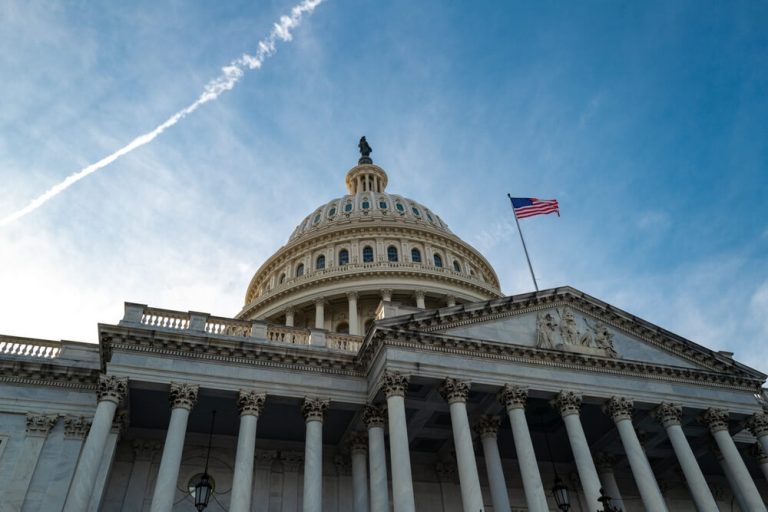Coming off a year dominated by continued response to a global pandemic, mixed economic data, supply chain challenges and labor shortages, rising concern over inflation, but robust capital markets activity, there is a certain level of curiosity — and anxiety — for what lies ahead in 2022. In the first of a series of pieces from ICR sector-focused teams about what we might see in the upcoming year, we dive into possible trends in the supply chain and how they can impact corporate reputations.
Business, media, and government stakeholders have spent months debating the cause and potential cures to the supply chain woes rippling through the economy, focused on high profile and tangible instances of backlogs – the Ever Given container ship fiasco, the Colonial Pipeline ransomware attack, the clogged Port of Los Angeles, empty grocery store shelves, and delayed holiday gifts.
Given the complexity and persistence of the backlogs, though, in 2022, even those companies that have avoided scrutiny must assess their supply chain vulnerabilities on a proactive and reactive basis.
We are tracking a handful of potential risks and implications across sectors and audiences including:
- Ability to deliver on your promise: Above all, the ability to do what you claim to be able to do – whether product or service – is expectation #1 for any company. Despite the pervasiveness of logistics issues, any supply chain disruption or delay may be considered a breach, and leadership teams should prepare for that possibility and communicate accordingly to manage expectations and avoid any collateral damage.
- Impact to employee morale and retention: Increased management pressure to maintain productivity despite logistical hurdles may lead to a range of business risks from employees, including decreased morale, individual or mass resignations, and even the risk of leaks to media. Proactive internal communications, town halls and executive listening sessions can all help to increase dialogue with employees and convey that management is responsive to employee concerns.
- Ethical sourcing: A number of high-level investigative pieces have detailed unscrupulous practices within the mining industry, drawing clear lines between increasing demand for renewable energy and the implications for climate-tech manufacturers who need to source materials for their products. This trend reveals an inherent risk that extends beyond the mining sector and renewable energy companies. Any company may, and likely does, have vendors with questionable environmental, labor, social, or governance practices, and those business relationships may represent a reputational risk at any moment. Companies can and should get ahead of the curve by holding themselves and their partners accountable, setting clear ethical standards for sourcing of raw materials, and by insisting on transparency and reporting.
- Scapegoating and the public square: Elected officials are eager to play the hero and may turn to a range of tools to focus the spotlight: the anonymous leak, the press conference, and even legislative hearings. Companies should consider engaging with sector, trade and regional associations to proactively engage with government stakeholders and maintain open dialogue and decrease the likelihood of government pressure or scrutiny.
Follow the whole ICR 2022 trends series on the ICR Insights blog.



